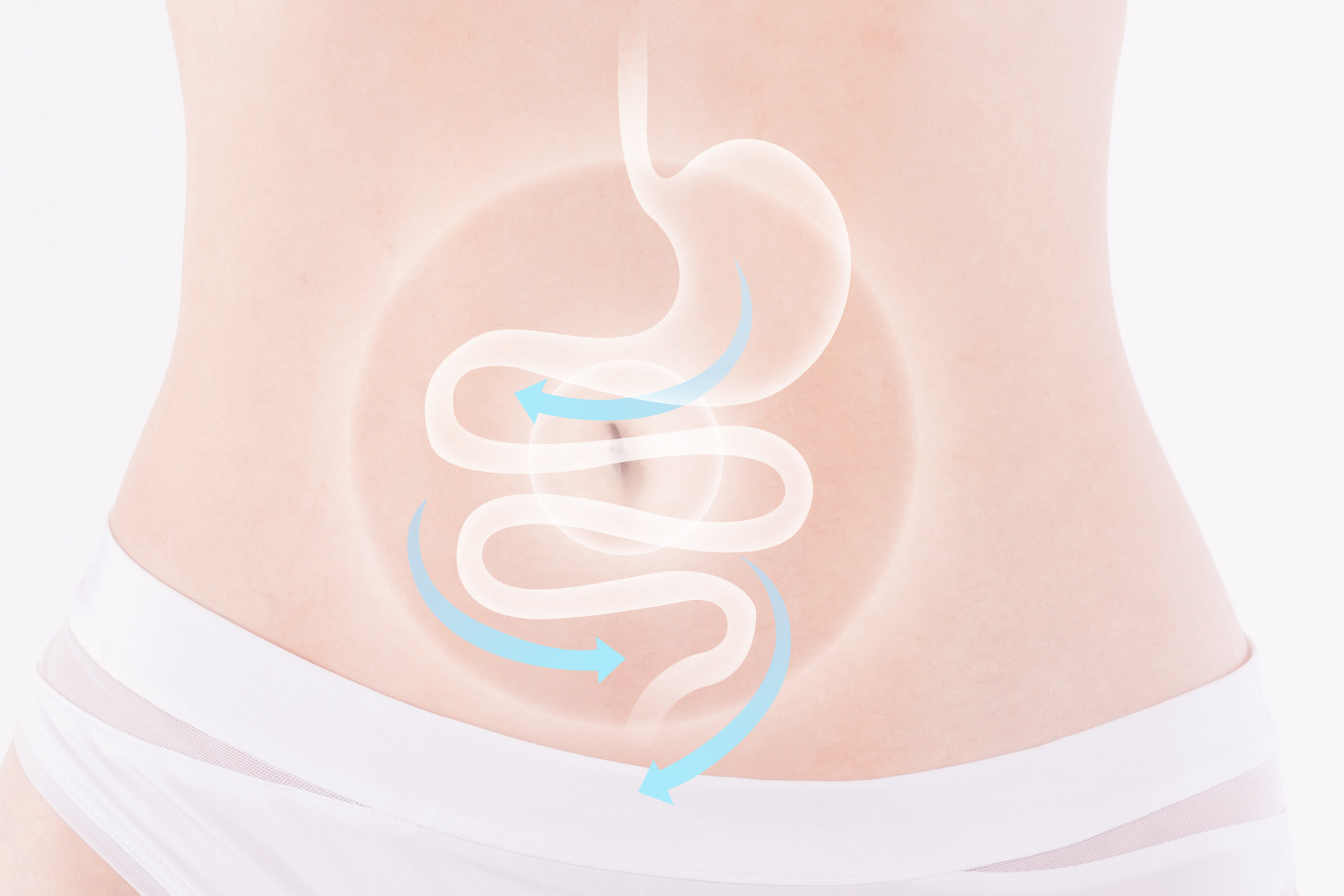It is commonly believed that obesity is caused by excessive calorie intake in the diet, so many people start their weight loss journey by cutting back on food consumption. However, food is not the sole cause of obesity according to traditional Chinese medicine (TCM). TCM views obesity as a result of imbalances in the body's five organs and six viscera. In this article, we will explore the principles and methods of weight loss in TCM.
Principles of Weight Loss in TCM
TCM believes that obesity is often caused by imbalances in the functions of the spleen and stomach, liver and kidneys, as well as the stagnation of phlegm, dampness, and poor circulation of qi and blood in the body. By regulating the functions of the organs, promoting metabolism, and improving the flow of qi and blood, TCM aims to facilitate weight loss.
TCM Weight Loss Diet
TCM emphasizes the concept of "food supplement is better than medicine supplement," and the idea that dietary adjustments can not only promote weight gain but also regulate and eliminate excess body fat. TCM also recognizes the therapeutic effects of food, as different foods have different properties and flavors that can treat diseases and improve overall body health.
1. Stomach Heat Type - Cassia Seeds
People with stomach heat often experience discomfort in the stomach, increased hunger, and excessive heat in the body. Prolonged stomach heat can lead to excessive digestion of food, constant hunger, and easy weight gain. Stomach heat can also cause bad breath and constipation, which are common issues in overweight individuals.
Cassia seeds have the ability to clear heat and reduce fire. They enter the liver and large intestine meridians, which can alleviate stomach heat, nourish the liver and improve vision, as well as promote bowel movement. Cassia seeds are suitable for overweight individuals with constipation.
2. Spleen Dampness Type - Coix Seeds
Poor dietary habits, overeating, consumption of cold and raw foods, and lack of physical activity can lead to imbalances in the spleen and stomach, resulting in spleen deficiency and dampness. This disrupts the digestion and metabolism of food, leading to excessive fat accumulation. Spleen dampness type obesity is often characterized by weak muscles, fatigue, and weakness in the limbs.
Coix seeds have long been recognized for their ability to eliminate dampness and promote beauty. For individuals with spleen dampness and deficiency, coix seeds can clear heat, promote diuresis, strengthen the spleen and stomach. As a coarse grain, they also increase satiety and help reduce fat.
3. Qi Deficiency Type - Chinese Yam
"Thin fat" is a common term used to describe individuals with qi deficiency. Qi plays a vital role in promoting growth and development, blood circulation, and distribution of body fluids. It also has the function of warming the body, defending against diseases, and nourishing the body.
When there is qi deficiency, the body's growth is affected, blood circulation slows down, and body fluids cannot be distributed properly, resulting in obesity. People with qi deficiency often exhibit a pale and overweight appearance.
Chinese yam enters the spleen, lung, and kidney meridians. It has been mentioned in the "Compendium of Materia Medica" for its ability to nourish kidney qi, strengthen the spleen and stomach, and resolve phlegm. The "Treatise on the Nature of Medicines" also states that Chinese yam can replenish the body's vitality.











